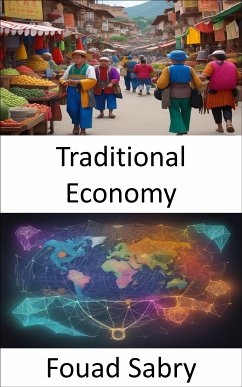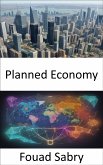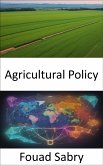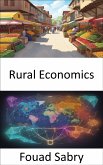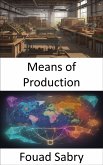A traditional economic system is one that is founded on ancient practices, historical precedents, and long-held beliefs. A traditional economy is a type of economic system in which the commodities and services that are produced by the economy, as well as the rules and manners in which they are distributed, are influenced by the traditions, practices, and beliefs that are prevalent in the economy. There is a strong correlation between this type of economic structure and rural and agriculturally-based nations. Bartering and trading are the defining characteristics of a traditional economy, which is often referred to as a subsistence economy. When there is a small surplus of products produced, they are often distributed to a controlling authority or landowner. If there is any surplus of goods, they are also distributed.
How you will benefit
(I) Insights, and validations about the following topics:
Chapter 1: Traditional economy
Chapter 2: Economy of Haiti
Chapter 3: Subsistence agriculture
Chapter 4: Economic system
Chapter 5: Dependency theory
Chapter 6: Subsistence economy
Chapter 7: Mangyan
Chapter 8: Plantation economy
Chapter 9: Dual economy
Chapter 10: Moral economy
Chapter 11: Antebellum South
Chapter 12: Economy
Chapter 13: Nutritional anthropology
Chapter 14: Transition economy
Chapter 15: Spheres of exchange
Chapter 16: Agriculture in Costa Rica
Chapter 17: Peasant economics
Chapter 18: Political economy in anthropology
Chapter 19: Formalist-substantivist debate
Chapter 20: Archaeology of trade
Chapter 21: Work (human activity)
(II) Answering the public top questions about traditional economy.
(III) Real world examples for the usage of traditional economy in many fields.
Who this book is for
Professionals, undergraduate and graduate students, enthusiasts, hobbyists, and those who want to go beyond basic knowledge or information for any kind of traditional economy.
Dieser Download kann aus rechtlichen Gründen nur mit Rechnungsadresse in A, B, BG, CY, CZ, D, DK, EW, E, FIN, F, GR, H, IRL, I, LT, L, LR, M, NL, PL, P, R, S, SLO, SK ausgeliefert werden.

